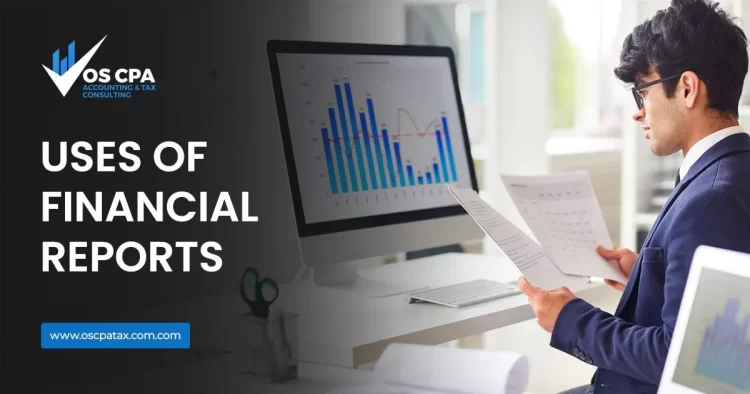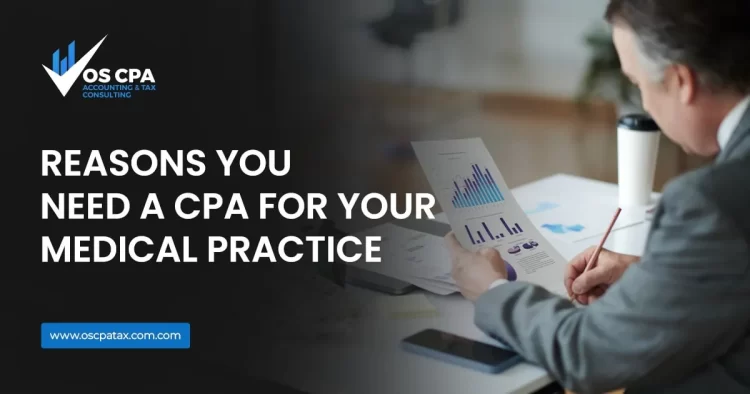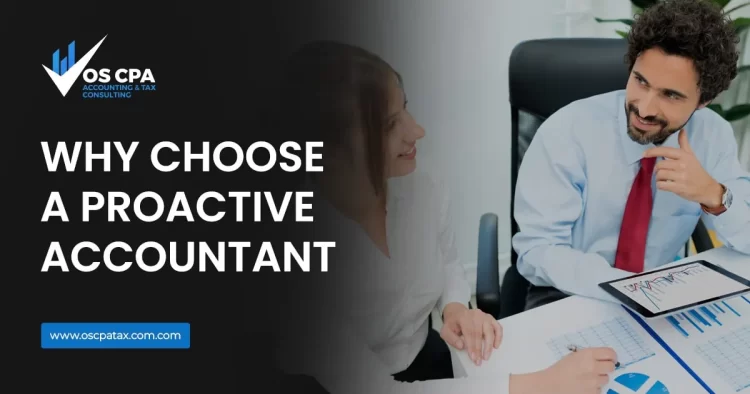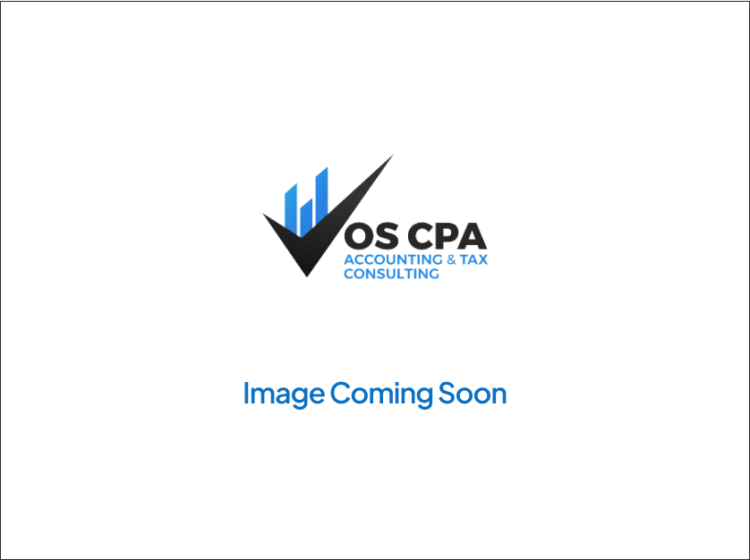“Some people create their own storm, and then get upset when it rains”
Proactive Accountants
When you’re the CEO or Director of a small to medium-sized company, you can get stuck with everything it takes to keep the show on that road when you do your Accounts on year-end. But it doesn’t have to be like that. Look around you and you will see directors of similar businesses or companies looking relaxed and happy. These are the company owners who have a proactive accountant on board, allowing them to sit back and work behind the screen.
For any small business or company, the benefits of working with a proactive accountant are countless overall accounts managed daily, VAT returns, and payroll. It also helps with the other extra things, such as long-term planning and budgeting, which will ensure healthy financial status throughout the year.
So, if you’ve been doing your books up until now or are not happy with your current accountant, here are some reasons to choose a proactive accountant.
“A proactive accountant should be next on your priority list”
Benefits of Proactive Accounting
No worries to get year-end done
They have everything in place to submit the accounts at year-end. That’s because they know that good organization and a proactive, rather than reactive, the approach is an essential part of running a business fluently. Commercial awareness is always the knowledge of how and where your business would fit in the market. It’s about knowing your craft. Would also be up-to-date with all the updated rules and regulations, you need to make sure your business is registered correctly and, above all, it must be giving you relaxation over your mind and your accounting has been done correctly.
The chance to make plans:
Getting your year-end accounts done in good time allows you to budget and plan, as well as to set the required objectives for the year ahead. It should be assured that any potential problems have already been identified and dealt with in advance, the cash flow remains healthy throughout the year and you are fully aware of what or how you can spend and where you should save. By minimizing the impulse buys and identifying the opportunities for growth in advance, there’s a chance to maximize your income over the year.
Get on with what you do best:
You’re great at what you do and by employing a good accountant; you would free up the time by focusing on the growth of your company and discovering greater opportunities for success. Not only should a good accountant know how to do your books online, but they would have an excellent knowledge of the latest accounting software and systems, that would make the whole process convenient and stress-free.
Time and money Saver:
Having a proactive accountant works for you would; not only save your time but would also save your money too. A good accountant would always proactively look for ways to maximize any deductions and bring down the amount of tax that you need to pay, not to mention saving your money throughout the year.
Get help and advice:
As well as taking on tasks such as your year-end accounts and helping you make the most of your annual turnover, your accountant must be able to offer advice on anything from designing new, more effective, accounting systems, for the sensible investments and exit plans. Remember, your accountant should always be a professional yet approachable, so you would always feel comfortable to approach them for help, support, and advice throughout the year.
Don’t leave your year-end to the last minute. Find out how our proactive accounting services can help your business- book an appointment here or call at 214-253-8515.




